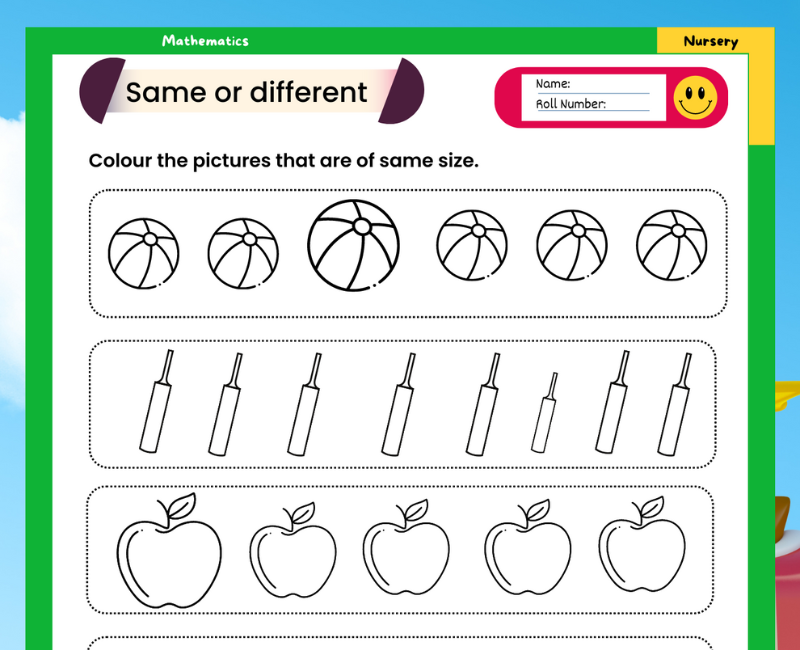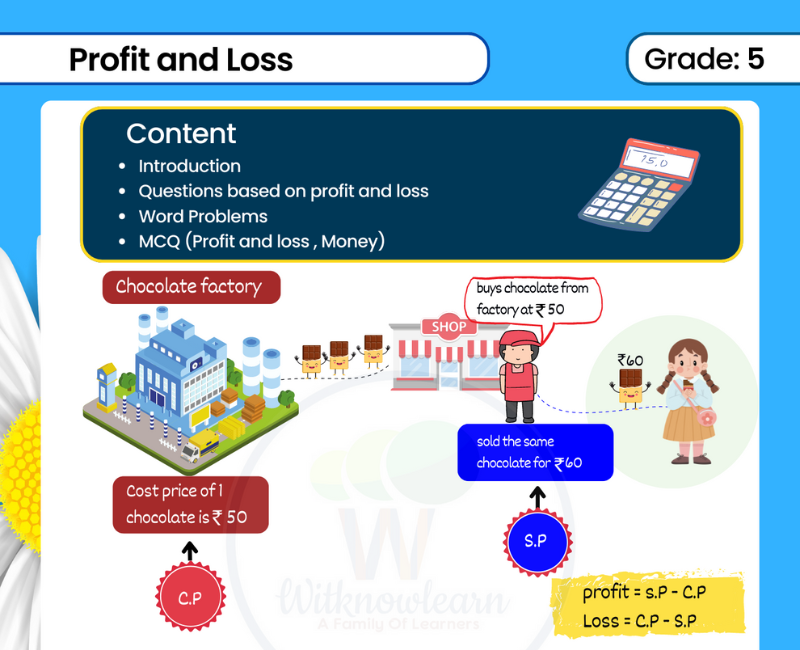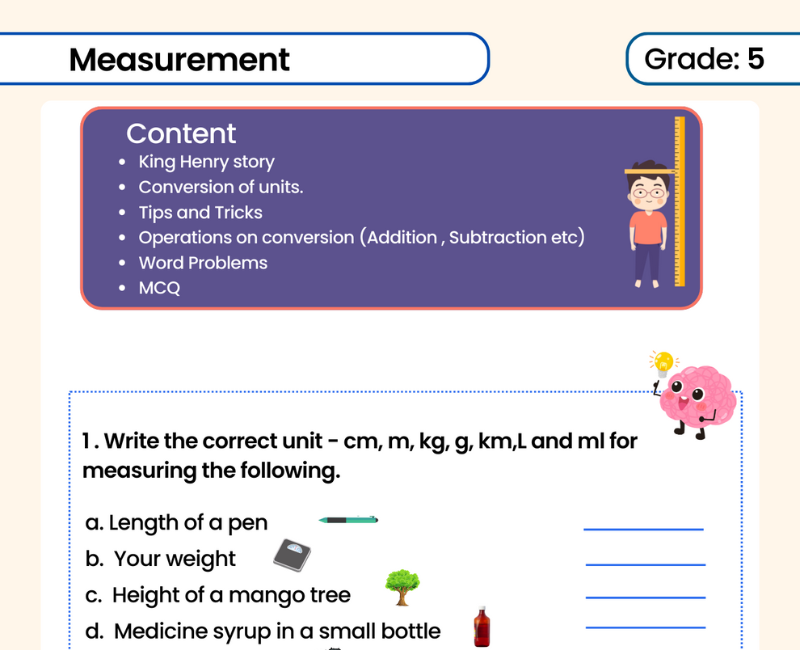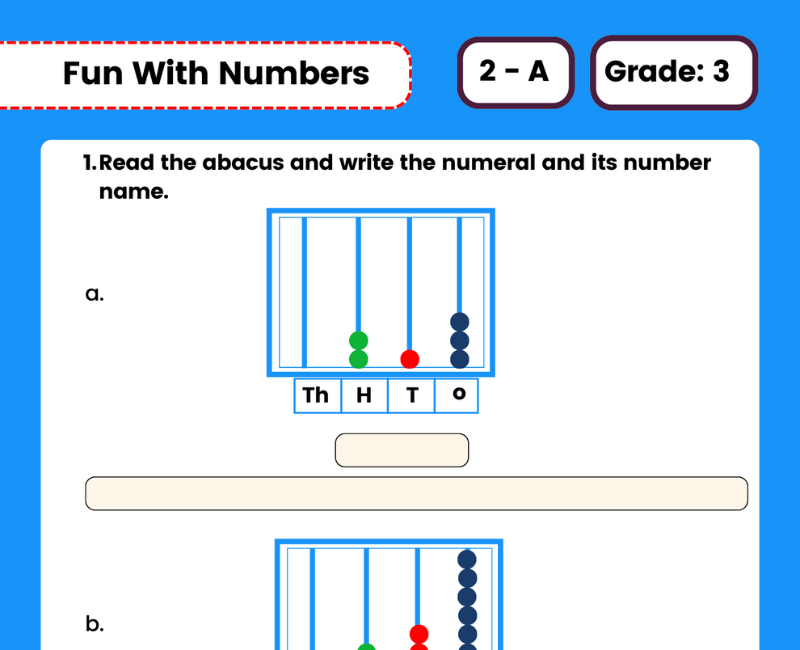Class 11 Recording of Transactions 2 MCQ & Numerical Questions
Unlocking the Secrets of Recording Transactions 2: A Comprehensive Guide with 100 Solutions and MCQs Welcome to the ultimate guide that will unlock the secrets of recording transactions! In this comprehensive guide, we delve into the world of accounting and provide you with 100 foolproof solutions and multiple choice questions (MCQs) to enhance your understanding. Whether you're a student looking to ace your accounting exams or a business owner aiming to gain a deeper knowledge of financial transactions, this guide has got you covered. We understand that grasping the intricacies of recording transactions can be daunting, but fret not! Our expert team has meticulously crafted this guide to simplify the process for you. Throughout this guide, you'll unravel the mysteries of double-entry bookkeeping, learn when and how to record different types of transactions, and gain insights into best practices for accurate and efficient accounting. With our 100 solutions and MCQs, you can test your knowledge and reinforce what you've learned. Don't miss out on this invaluable resource. Let's embark on this journey together and unlock the secrets of recording transactions! Keywords: recording transactions, comprehensive guide, solutions, MCQs, accounting, financial transactions, double-entry bookkeeping, best practices.
If you're a parent, teacher, or student looking for valuable resources on accounting, specifically focused on Class 11, you've come to the right place. Understanding the recording of transactions is a fundamental part of accounting education. In Class 11, "Recording of Transactions II" is a topic you don't want to skip over. This is usually covered in Chapter 4 of Accounts Class 11 curriculum and many students often look for NCERT solutions for numerical questions related to this topic.
The "recording of transactions 2" dives deep into various accounting tools such as cash book accounts, double column cash book, and subsidiary books. Cash book accounts are crucial in tracking the cash flow in and out of a business. Class 11 notes often cover the format of a cash book, and understanding this format is essential for accounting success. You might find the term 'contra entry' when you're learning about cash book format. The term "contra entry" in Class 11 refers to those entries that affect both the bank and cash columns of a cash book. Understanding how to write a cash book effectively will help in solving recording of transactions 2 numerical questions.
Cash books can be in various formats, such as single column, double column, and petty cash book. Double column cash book in Class 11 accounts specifically for both cash and bank transactions. This is especially important for solving numerical questions that are often present in NCERT solutions. For easier understanding, many resources offer cash book format PDFs. Petty cash book class 11 topic is also an extension of this and helps in keeping track of small expenses.
Trade discount is an interesting point to note. It's recorded in the cash book and often comes up in Class 11 MCQs. These multiple-choice questions help you test your understanding of recording of transactions 2 solutions. On the other hand, purchases book is used to record all the credit purchases of goods. If you're looking for subsidiary books class 11 notes, you'll find that they cover topics like purchase books and the format of cash book in detail.
Sometimes, accounting can throw you for a loop with unique entries like towels given as charity. These kinds of entries are often found in recording of transactions 2 notes for Class 11. To solve these, a good understanding of cash books in accounting is crucial.
In conclusion, mastering the recording of transactions 2 in Class 11 is crucial for students aiming for success in their accounting journey. Class 11 notes, NCERT solutions, and MCQs often serve as valuable tools in understanding topics like cash book accounts, trade discount, and contra entries. So, whether you're a student looking for recording of transactions 2 Class 11 NCERT solutions or a teacher wanting to equip your students with the best accounting tools, this topic serves as a foundation for future success.
Importance of Recording Transactions Accurately
The importance of recording transactions accurately cannot be stressed enough, especially when studying accounting in Class 11. Accurate recording helps in maintaining transparent cash book accounts, aids in solving numerical questions in NCERT solutions, and forms the base for understanding chapter 4 accounts class 11. When transactions are recorded correctly, it becomes easier to prepare financial statements, apply trade discounts, and manage contra entries. If you're using recording of transactions 2 class 11 notes, you'll find that accuracy is highlighted as a cornerstone of effective accounting. Incorrect information can lead to various financial and legal problems for businesses and individuals. Therefore, understanding the importance of accurate recording is fundamental for anyone interested in accounting.
Overview of the Recording Transactions Process
The overview of the recording transactions process generally starts with understanding the basic accounting equation and identifying the transactions that need to be recorded. This usually involves maintaining cash book accounts and subsidiary books, often covered in Chapter 4 accounts class 11. You'll usually learn about various formats, such as single and double column cash book. Furthermore, you'll explore topics like what is cash book in accounting, trade discounts, and how to manage petty cash book class 11. This foundation helps in solving recording of transactions 2 numerical questions and preparing for Class 11 MCQs.
Common Challenges in Recording Transactions
Even with an understanding of the recording of transactions process, there are common challenges one may face. This often involves dealing with complex transactions that require multiple entries, or issues with trade discounts and contra entries. Class 11 notes and recording of transactions 2 NCERT solutions can sometimes help in tackling these challenges. Sometimes, however, mistakes in maintaining cash book accounts can lead to challenges in recording transactions. Therefore, addressing these challenges is critical for achieving success in accounting.
Best Practices for Recording Transactions
Best practices for recording transactions generally include double-checking entries, maintaining a chronological order, and understanding the format of a cash book as well as other subsidiary books. Often in recording of transactions class 11 notes, best practices are highlighted to guide students in avoiding common mistakes. These practices also help in solving recording of transactions 2 ncert solutions numerical questions effectively. Using templates or software for cash book accounts can also be beneficial in sticking to best practices.
Step-by-Step Guide to Recording Transactions
A step-by-step guide to recording transactions usually starts with identifying the transaction type. Next, you'll categorize it into either a cash or credit transaction. This is crucial for maintaining proper cash book accounts. Class 11 accounting often provides specific steps, especially when you're dealing with recording of transactions 2 numerical questions. You'll then record the transaction in the appropriate subsidiary book or cash book, following the proper format of a cash book. Double-checking the entry is a crucial last step.
Common Mistakes to Avoid in Recording Transactions
Avoiding common mistakes is essential, especially when trying to understand the importance of recording transactions accurately. These mistakes often include incorrect categorization, wrong entries, and forgetting to include trade discounts or contra entries. Class 11 notes, especially on recording of transactions 2, highlight these common errors to avoid.
Solutions to Common Recording Transactions Problems
Solutions to common recording transactions problems often involve revisiting Class 11 notes and NCERT solutions. These resources usually provide a roadmap for solving numerical questions and understanding the format of cash books. Correcting wrong entries and understanding how to apply trade discounts effectively can also solve common problems.
Multiple Choice Questions to Test Your Knowledge
Multiple choice questions are useful tools to test your understanding of the recording of transactions process. Class 11 MCQs often include questions about the format of cash book, the importance of recording transactions accurately, and how to manage trade discounts and contra entries effectively.
Conclusion and Final Thoughts
In conclusion, the importance of recording transactions accurately is fundamental to accounting education, especially in Class 11. Utilizing Class 11 notes and NCERT solutions can aid in mastering this critical skill. Understanding the process, overcoming challenges, following best practices, and avoiding common mistakes are key steps in becoming proficient in accounting.






